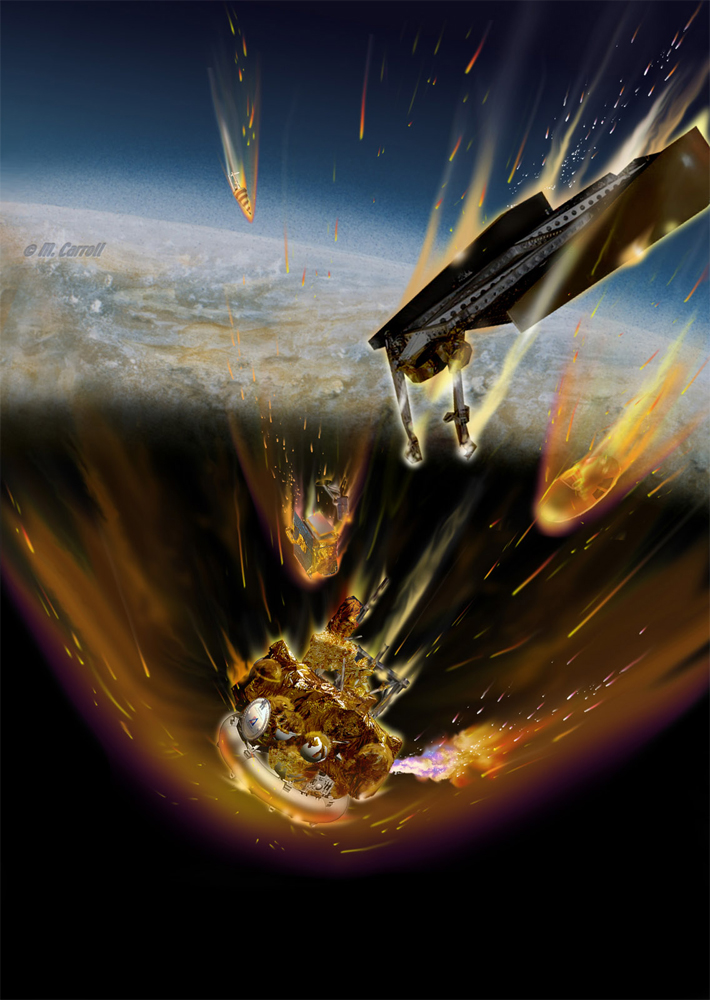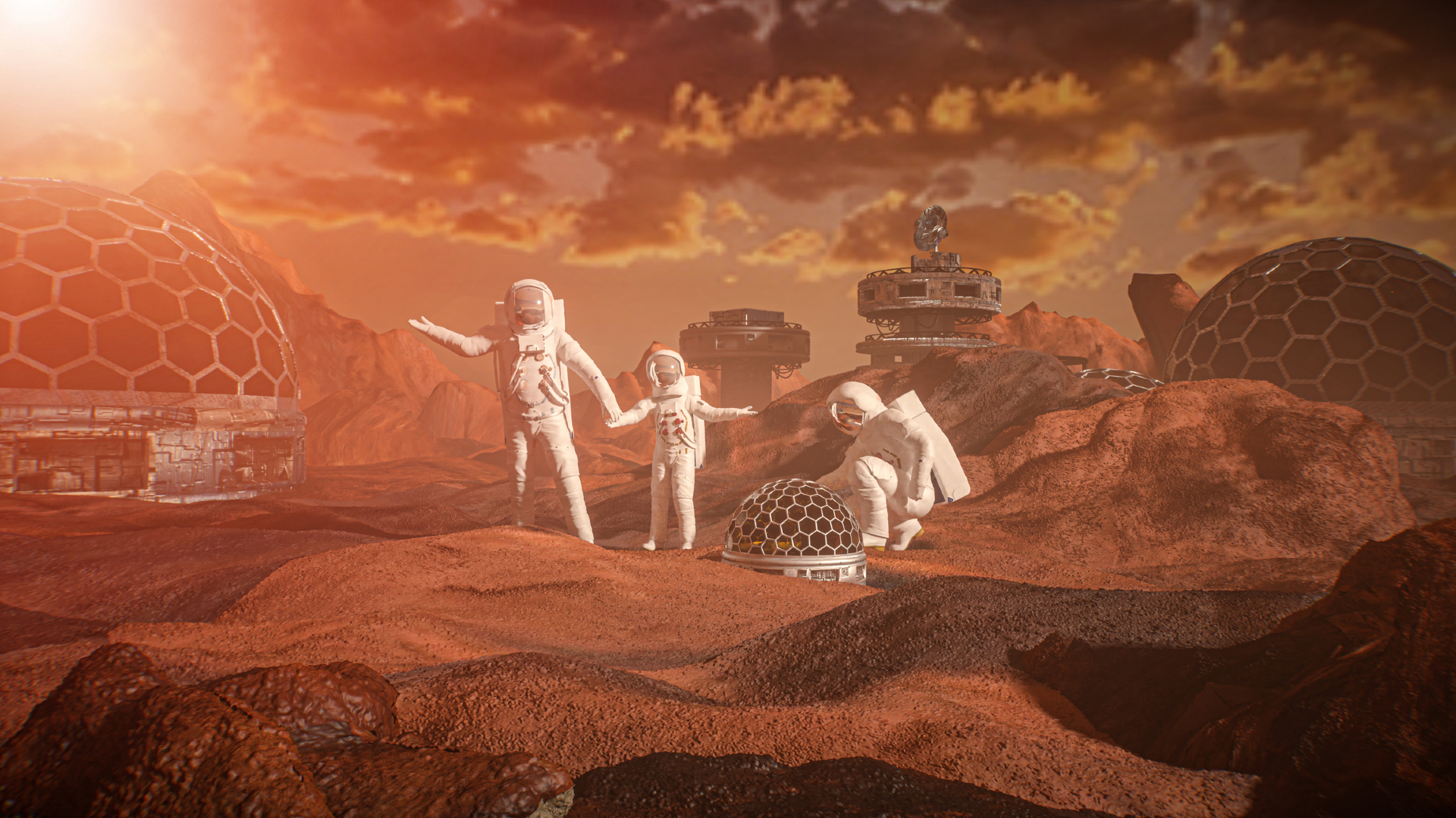
Russian Scientist Apologizes for Failed Mars Moon Mission

Breaking space news, the latest updates on rocket launches, skywatching events and more!
You are now subscribed
Your newsletter sign-up was successful
Want to add more newsletters?

Delivered daily
Daily Newsletter
Breaking space news, the latest updates on rocket launches, skywatching events and more!

Once a month
Watch This Space
Sign up to our monthly entertainment newsletter to keep up with all our coverage of the latest sci-fi and space movies, tv shows, games and books.

Once a week
Night Sky This Week
Discover this week's must-see night sky events, moon phases, and stunning astrophotos. Sign up for our skywatching newsletter and explore the universe with us!

Twice a month
Strange New Words
Space.com's Sci-Fi Reader's Club. Read a sci-fi short story every month and join a virtual community of fellow science fiction fans!
In an open letter Thursday (Dec. 8), a prominent Russian scientist lamented the failure of the country's Phobos-Grunt spacecraft, which was meant to collect samples from Mars' moon Phobos, but instead is languishing in Earth orbit.
"We are deeply sorry about the failure" of Phobos-Grunt, wrote Lev Zelenyi, director of the Space Research Institute and Chair of the Russian Academy of Sciences' Solar System Exploration Board, in a letter to fellow scientists and mission team members. "We hope in [the] future to continue our collaboration on space science projects."
The troubled spacecraft has been stranded since its Nov. 8 launch, when it failed to propel itself off into a deep space trajectory toward Mars.
Not giving up
In yesterday's message, Zelenyi said the reason for the failure has yet to be determined. He saluted the dedicated efforts of the European Space Agency, NASA, as well as the U.S. military space trackers and amateur skywatchers that helped in efforts to establish communication with the wayward probe and to assist in determining the exact orbit, orientation and attitude of Phobos-Grunt. [Photos: Russia's Mars Moon Mission]
"However, despite people being at work 24/7 since the launch, all these attempts have not yield[ed] any satisfactory results," Zelenyi said. "Lavochkin Association specialists will continue their attempts to establish connection with the spacecraft and send commands until the very end of its existence."
Russia's NPO Lavochkin was the main contractor of the Phobos-Grunt project.
Breaking space news, the latest updates on rocket launches, skywatching events and more!
The spacecraft is expected to enter Earth's atmosphere in early January as a piece of space debris. Zelenyi explained that Russian space experts are now working on the issue of re-entry and the "probability of where and which fragments may hit the ground (if any)," he said.
Sensitive matter
The Russian space scientist did note that there is "a sensitive matter" regarding the vehicle's re-entry: one of the scientific instruments onboard Phobos-Grunt does contain radioactive material, Cobalt-57. However, Zelenyi said the amount of this material is less than 10 micrograms, and according to evaluations, should pose no significant problems.
Looking into the future, Zelenyi highlighted in the letter the next steps of the Russian space science agenda. Current plans, he said, call for robotic moon missions called Luna-Glob and Lunar-Resource, and discussions between Russia, ESA and NASA are under way regarding collaboration on the ExoMars and Russian Mars-NET missions to the Red Planet.
"Moreover, the Russian Academy of Sciences would like to prepare a new mission to Phobos," Zelenyi said, but no decision has yet been made on this undertaking.
Leonard David has been reporting on the space industry for more than five decades. He is a winner of this year's National Space Club Press Award and a past editor-in-chief of the National Space Society's Ad Astra and Space World magazines. He has written for SPACE.com since 1999.

Leonard David is an award-winning space journalist who has been reporting on space activities for more than 50 years. Currently writing as Space.com's Space Insider Columnist among his other projects, Leonard has authored numerous books on space exploration, Mars missions and more, with his latest being "Moon Rush: The New Space Race" published in 2019 by National Geographic. He also wrote "Mars: Our Future on the Red Planet" released in 2016 by National Geographic. Leonard has served as a correspondent for SpaceNews, Scientific American and Aerospace America for the AIAA. He has received many awards, including the first Ordway Award for Sustained Excellence in Spaceflight History in 2015 at the AAS Wernher von Braun Memorial Symposium. You can find out Leonard's latest project at his website and on Twitter.
